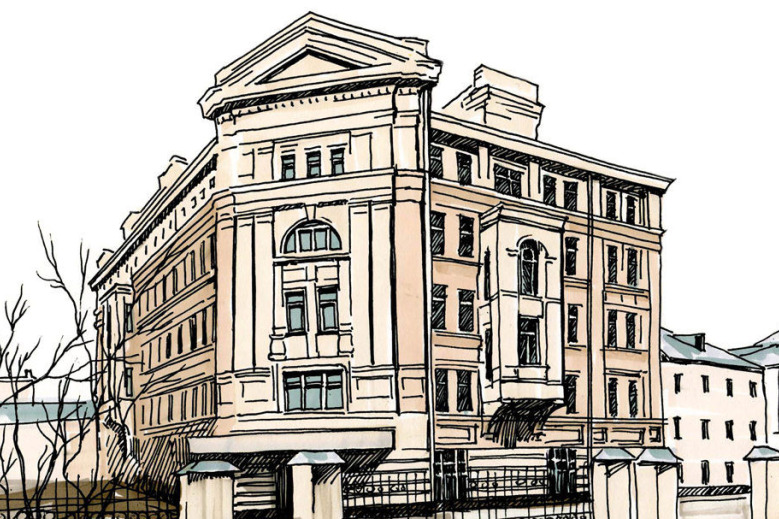Extracurricular Activities Build Students' Self-esteem
Extracurricular activities continue to be popular among Russian youngsters, and most school students attend after-school clubs and classes, including those offered by their own school. Youngsters who are not involved in any after-school activities explain it by not having enough time or not having access to out-of-school programmes which are either non-existent in their community or out of their price range. These are some of the findings of a study by Daniil Alexandrov, Head of the HSE's Research Laboratory of Sociology in Education and Science (St. Petersburg), and Valeria Ivaniushina, Senior Research Fellow of the same Laboratory.
Future education: Content Tailored to the Student
Research Fellow at the HSE’s Center of Education Quality Monitoring Dmitry Abbakumov, author of the ‘Theory and practice of computerized testing’ lecture course and developer of the ‘Adaptivity Guide’ software which makes it possible to adapt e-courses to students’ abilities. He recently gave a presentation about his research at The 2014 Computerized Adaptive Testing Summit at Princeton and at Edcrunch in Moscow. In his interview, he talks about why adaptive education is the future and how it is developing at HSE.

HSE. Cornerstone: Milyutinsky Pereulok, 13, Building 1
The guesthouse with shops on the corner of Sretensky Pereulok and Milyutinsky Pereulok was built in 1900 by the architect Vladimir Sherwood. In Soviet times, the building housed a medical clinic for the district, which was soon replaced by an Intourist office. This organization had a large fleet of tourist buses, its own staff of guides and interpreters, and a chain of hotels. During the Moscow Olympics in 1980, Intourist was the main organization servicing foreign visitors. Intourist in fact received millions of visitors during the Soviet era.
13
cartoon posters were made by students from the HSE Faculty of Design for the Big Cartoon Festival, which is currently taking place in Moscow.
1.6 С
is the average temperature increase every ten years since 1976 in Russia’s environmentally vulnerable regions.
Best Prospective Students Go to Medical Universities, and Engineering is still out of Fashion
On October 29th, 2014, Alexander Klimov, Deputy Minister of Education and Science of Russia, Alexander Biserov, Deputy Head of Rosobrnadzor (Federal Service for Supervision in the Sphere of Science and Education), and HSE Rector Yaroslav Kuzminov, presented the annual monitoring of the quality of enrolment in Russian higher education institutions. The project was carried out by the Higher School of Economics and the Ministry of Education and Science in partnership with Rossiya Segodnya, an international news agency, and the Public Chamber of the Russian Federation. Below are some conclusions of the study.
Runet Economy and its Prospects
On October 29, HSE and the Russian Association for Electronic Communications unveiled key research results on Runet Economy 2013-2014.
Academic Journals Need Competition
Integrating Russia’s academic community into the larger international community, internationalizing Russian academic journals, and improving the quality of publications and research – these are the ultimate priorities of a new project the HSE is participating in called the Russian Science Citation Index. The project is being carried out on Web of Science, a leading global search engine for academic publications. By the end of next year, a national database is to be created that comprises the best Russian journals and publications from the last ten years. The database will undoubtedly become a part of the international publication space.
How to Teach Business Informatics
20 October, 2014, was a special day for the business informatics community in Russia. The International conference ‘Enterprise value management using subject-oriented BPM’ opened the annual assembly of the business informatics Education and Methodology Union (EMU) hosted by the Higher School of Economics.


Submission deadline: May 17, 2024